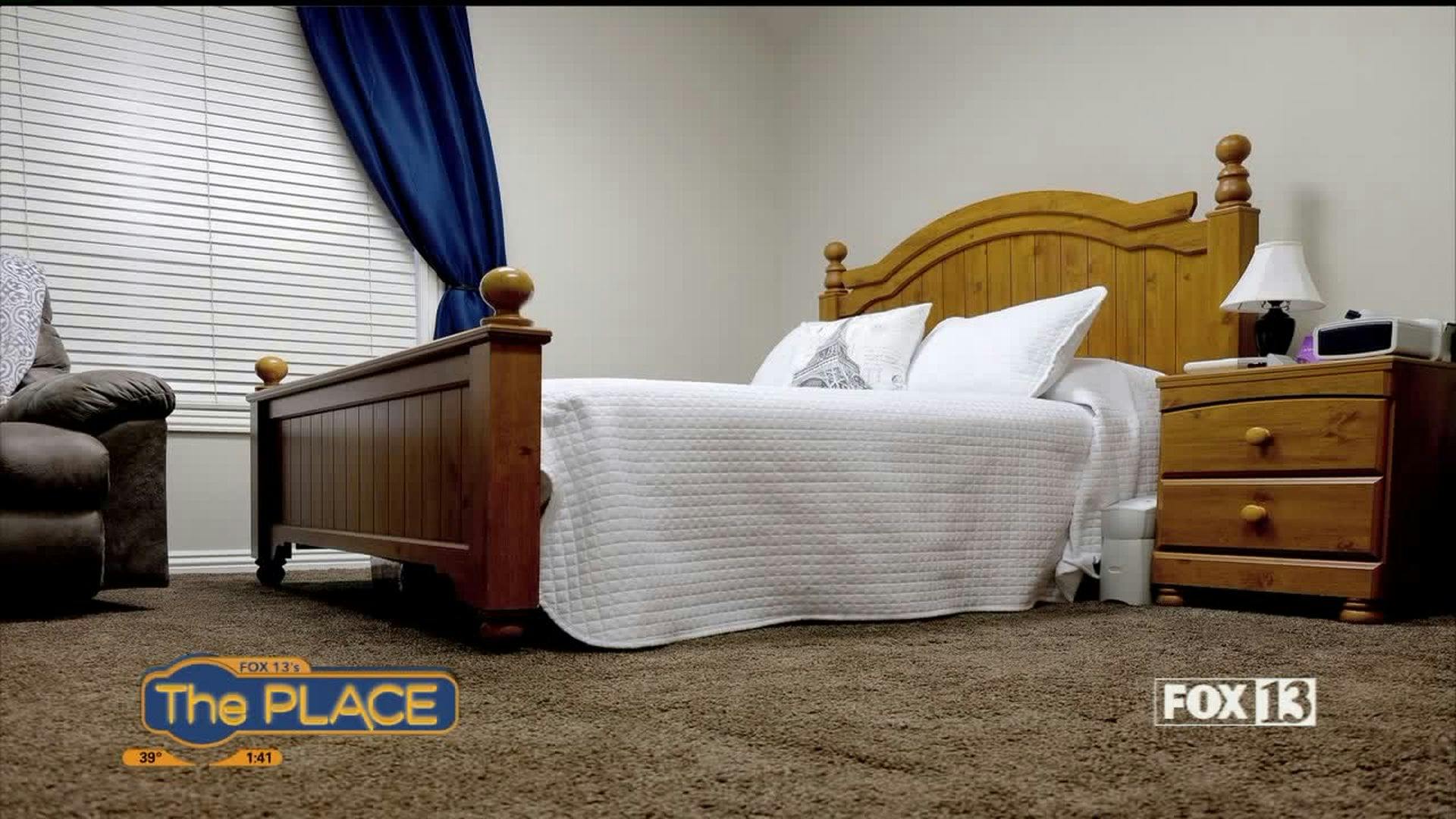
2024-07-12T16:54:51
Sunscreen Travel Tips
- Dermatology
August 16, 2017 | Family Medicine

Numerous factors contribute to our ability to get a good night’s sleep, ranging from stress and day-to-day responsibilities to sudden life changes like a major illness or new job. Some people struggle to find consistent quality sleep.
It’s not always possible to directly control interfering factors in sleep, but that doesn’t mean there’s nothing you can do if you’re struggling to consistently sleep well. There are several habits and steps you can take to help encourage proper sleep.
The recommended nightly amount of sleep for a healthy adult is at least seven hours, and most people don’t need more than eight hours in bed to accomplish this. For this reason, only set aside eight hours to sleep each night. Also try to go to bed at the same time every day—even on weekends. Try to keep sleep differences between weekends and weekdays within an hour, as this consistency will help keep the body on a stable sleeping and waking cycle.
If it takes you longer than 20 minutes to fall asleep, leave the bedroom and find a relaxing activity. Many people read or listen to soothing music to help them relax. When you become tired again, go back to bed.
The characteristics of your sleep environment are an important factor in the quality of your rest. Consider a few areas:
There are a couple diet-related elements to keep in mind with regard to sleep:
Limit longer daytime naps, which can interfere with sleep at night. If you do choose to nap, limit this to up to 30 minutes, and avoid naps later in the day. People who work nights may be an exception here, as they need to nap later into the day to account for lack of sleep at other times.
Regular physical exercise can go a long way in promoting healthy sleep. Try to exercise daily, but be careful about exercising too close to bedtime, as this might interfere with sleep.
If you have lingering stress or worries near bedtime, try to find ways to put these thoughts out of your mind. Some people find success with writing down stressors or simply becoming more organized in daily life. Some find benefits from meditation to help ease anxiety. This is a very personal area—whatever works best for you is the way to go.
If you constantly struggle to fall or stay asleep at night, speak to your doctor, who can help you identify underlying causes of sleep issues and improve your nightly rest.

WRITTEN BY:
The Live Better Team


2024-07-12T16:54:51

2024-07-02T11:42:04

2024-07-01T13:49:28

2024-06-21T14:29:51
This information is not intended to replace the advice of a medical professional. You should always consult your doctor before making decisions about your health.